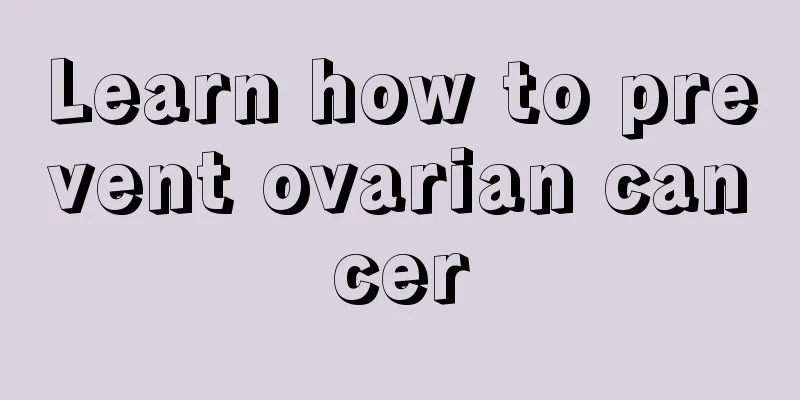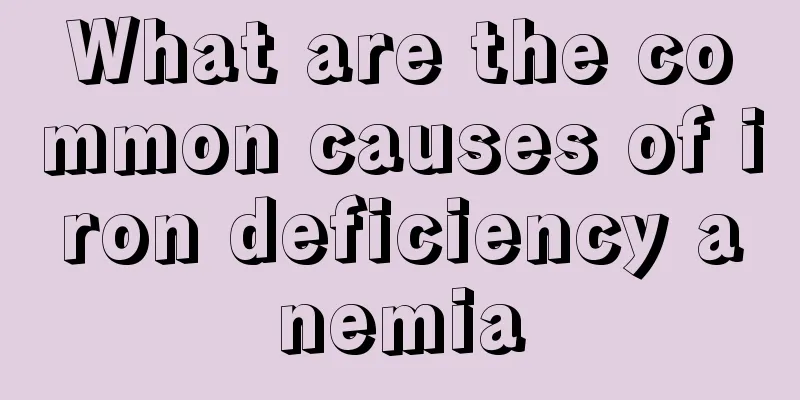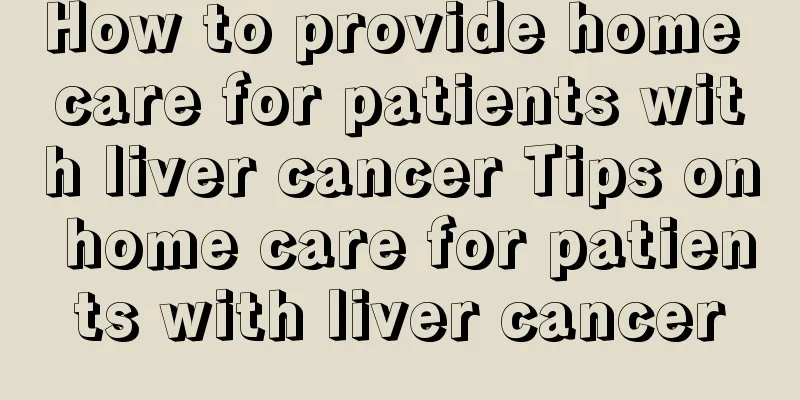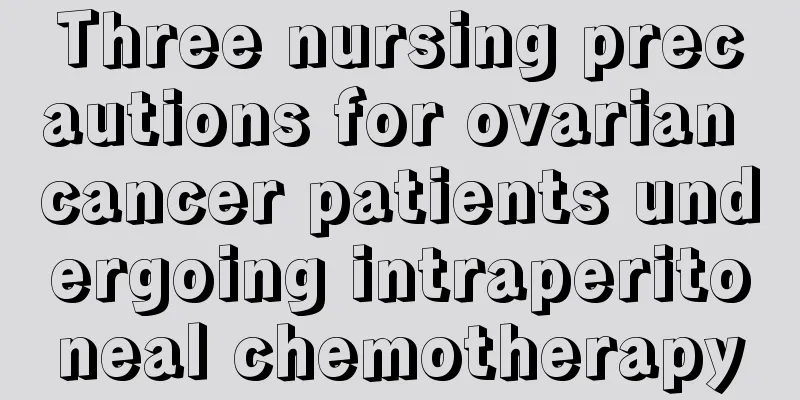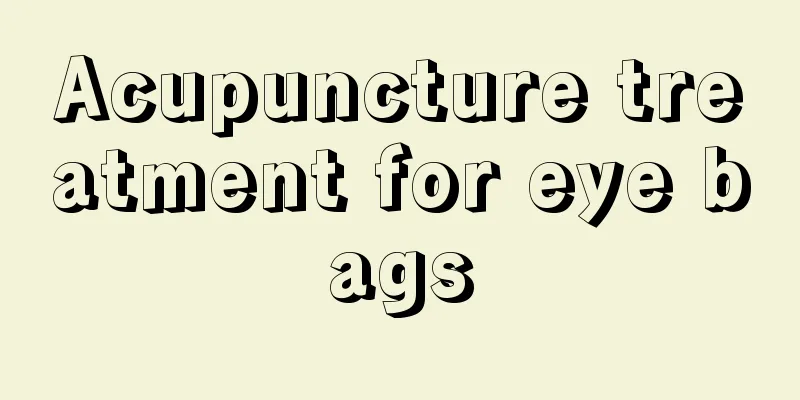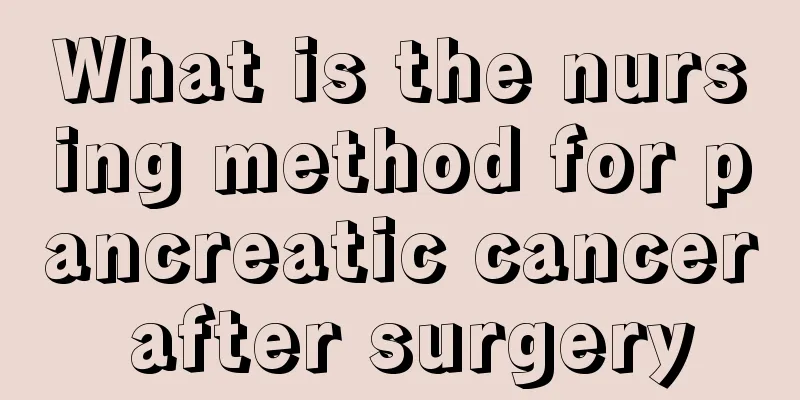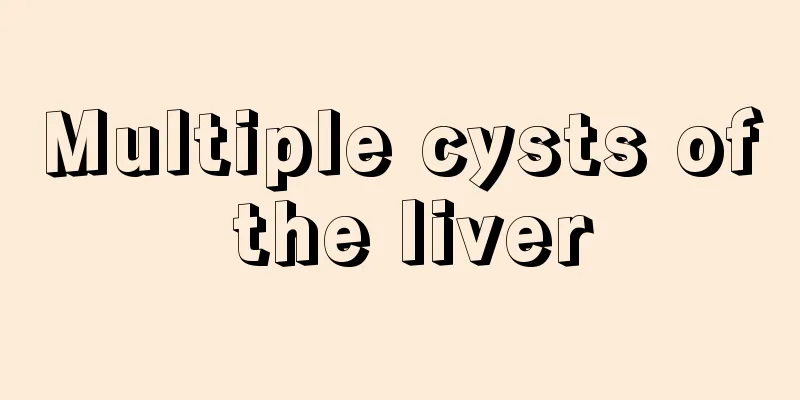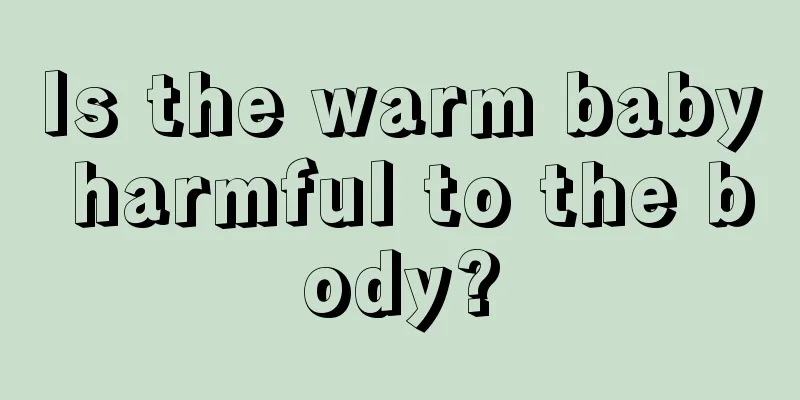Early testicular cancer cure rate
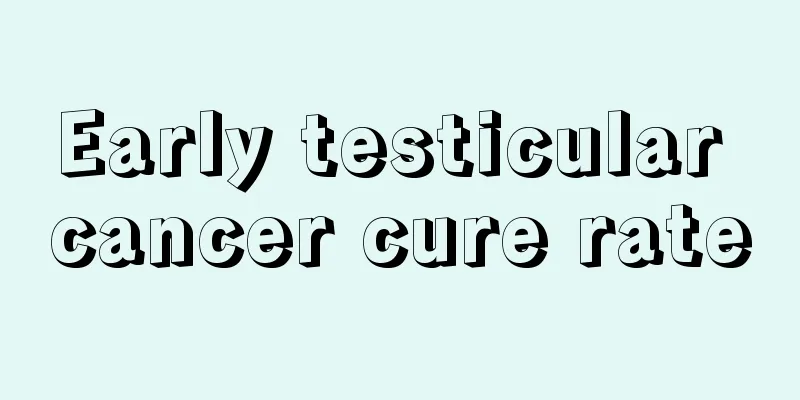
|
What is the cure rate of testicular cancer? Testicular cancer can be cured. And the cure rate is high, provided that it is treated early. Testicular cancer progresses slowly and is currently the malignant solid tumor with the highest cure rate. We all know that the cure rate of testicular cancer has a lot to do with the treatment method chosen, so let's take a look at what treatment methods are available for testicular cancer? 1. Surgical treatment of testicular cancer Since the pathology of testicular tumors is extremely complex, there is no consensus on the treatment methods. However, no matter what type of testicular tumor, orchiectomy should be performed first, and further treatment will be determined based on the results of pathological examination. Common surgical resections include orchiectomy and retroperitoneal lymph node dissection. 2. Radiotherapy for testicular cancer stage I and IIa (maximum diameter of retroperitoneal metastatic lymph nodes less than 2 cm) can be treated with radiotherapy alone, and stage IIb can be treated with a combination of radiotherapy and surgery. Radiotherapy has similar efficacy to retroperitoneal lymph node dissection, but has less damage to sexual function. Combined treatment with radiotherapy and surgery may cause more damage to sexual function, so currently chemotherapy and surgery are more advocated, and combined treatment with radiotherapy and surgery is not advocated. No preventive irradiation of the mediastinum and supraclavicular region is performed in clinical stage II. 3. Testicular cancer chemotherapy Combination chemotherapy with DDP as the main treatment for disseminated testicular germ cell carcinoma has a complete remission rate of 80%. For those with incomplete remission, rescue chemotherapy is used. Thirty percent of patients can still achieve complete remission; ninety percent of complete remission patients can survive long-term without cancer. If the serum marker level rises again, or the residual mass increases, salvage chemotherapy will be performed. Salvage chemotherapy usually uses DDP+ a combination of drugs that have not been used in the first chemotherapy. VIP and VAB-6 are currently commonly used regimens. When treating the disease, you need to avoid eating foods that are not good for the disease, such as leeks, chrysanthemums, coriander, mustard, onions, etc. Such foods are irritating foods and are not good for the disease. |
<<: What to do if you have recurrent testicular cancer
>>: Does testicular cancer liver metastasis have a high cure rate?
Recommend
Experts explain relevant nursing measures for prostate cancer
Prostate cancer is a common cancer among men. Man...
What fruits can’t be eaten at the same time?
It is autumn now, and many fruits have been avail...
Are there any folk remedies for treating advanced liver cancer? These folk remedies can help a lot in advanced liver cancer
Patients with advanced liver cancer can use Chine...
Can millet porridge cure stomach problems?
Millet is a kind of coarse grain. It contains man...
Time for front teeth to replace
Children's tooth replacement period begins at...
How to treat eye atrophy?
Eye atrophy is a relatively serious eye disease, ...
What to do if the nose is darker than the face
If the nose is darker than the face, you should p...
How to control oil most effectively
I often hear friends around me complain that thei...
Symptoms of testicular cancer
Cancer treatment should be based on the principle...
What is the main source of formaldehyde
People will have more or less contact with some t...
The right side of my neck hurts and is a little swollen
The pain and swelling on the right side of the ne...
What medicine to take after breast cancer surgery
What medicines should I take after breast cancer ...
Is there any harm in hair transplantation? Is there any harm in hair transplantation?
As life pressure increases and age increases, man...
What should middle school students eat to stay alert
In this season, people are prone to sleepiness wh...
What causes anal moisture? What diseases can cause anal moisture?
Many people have experienced wet anus in daily li...
